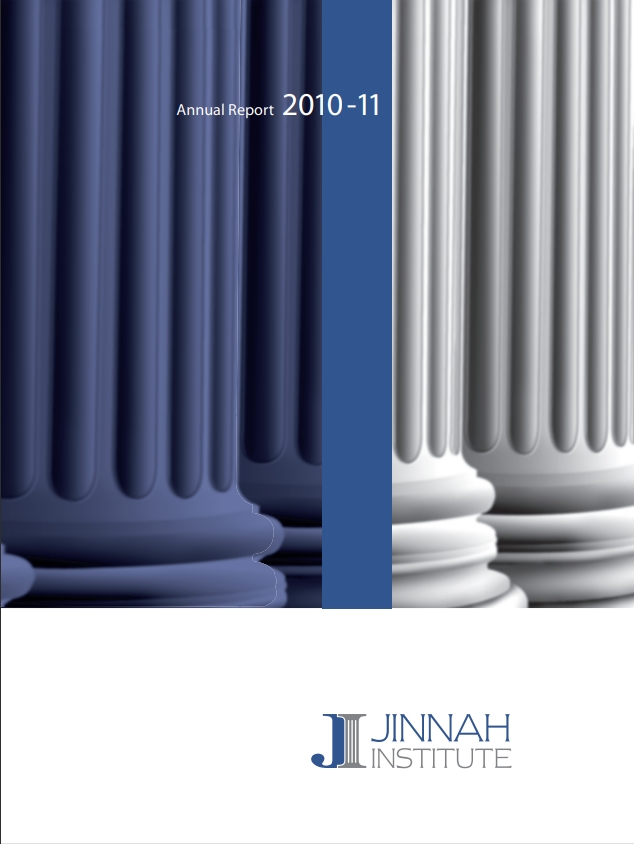Annual Report (2010-2011)
Date: January 15, 2012
This prompted first the formation of the Open
Democracy Initiative. More specifically, the motive for this policy stream arose from a weak state
commitment to sustained democracy, made
keener by the realization that the fragility of public
institutions has rendered the democratic experience increasingly frustrating. The growing exclusion of citizens from state protections and
entitlements, the crises in education, public health,
population control, justice delivery, police services,
energy, governance and tax collection have historically remained critical indices of failed or missed
reform opportunities, as well as important triggers
for Pakistan’s drift towards faith-based and other
extremisms. It was felt that the gap between policy
and its execution now also challenge the state’s
ability to deliver on reform commitments. Despite
the existence of a vibrant but small non-government sector, the need for advocacy and building
public capacity for deliverable reform was envisaged as great. At the same time, the predatory nature and scope of the growing militant threat to
both Pakistan’s citizens and the state merited a
more coordinated public response from both government and society.
